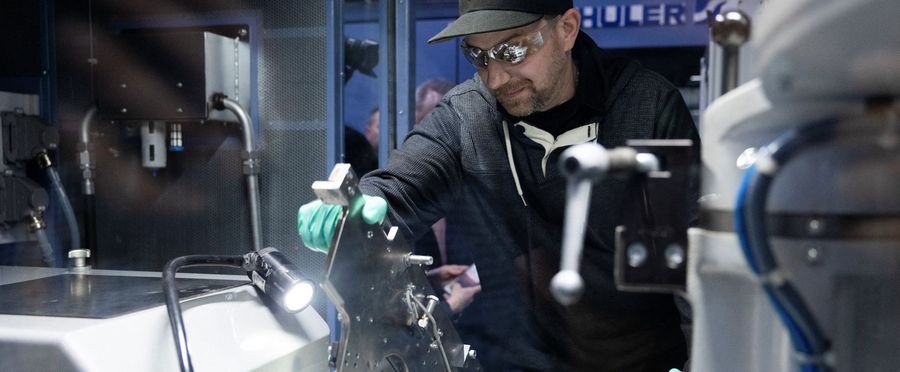Japan is putting an end to the production of the 1 cent coin, a perennial part of its economy for 232 years. The practicality and usage of the coin has dwindled over years due to the digitalization of transactions and inflation. The termination of the penny signals a significant nuance in Japan's currency landscape, and perhaps an indication of a cashless society to come. The exact timeline for the penny's cessation is yet to be announced.
Cash is still a mainstream mode of payment, despite the rise in cashless transactions in Japan. The discontinuation of the penny is a historical moment reflecting the evolution of the economy. Japanese people value history and tradition, so it might trigger a wave of nostalgia and debates on the pros and cons of a cashless society.
In contrast, countries like the US and several EU nations have been debating for years the pros and cons of eliminating their lowest denomination coins due to cost inefficiency of production. However, they have faced opposition citing the possible impact on prices and the need for physical currency among certain populations.

